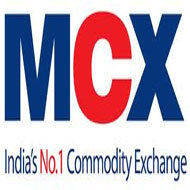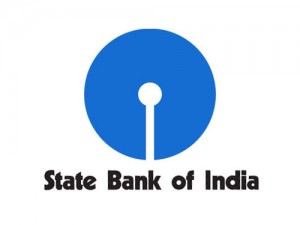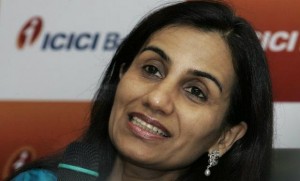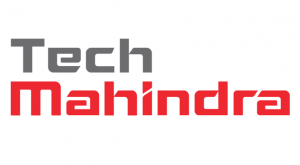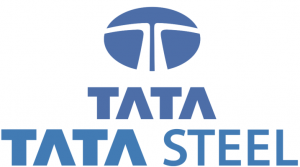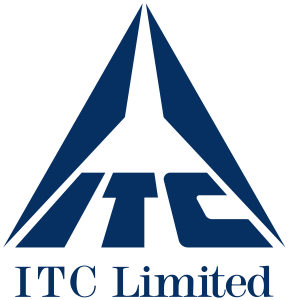Hindustan Petroleum Corporation (HPCL) on Tuesday reported 86.29 per cent decrease in its second quarter net profit at Rs 318.92 crore (Rs 2,327.09 crore).
The decrease in net profit is because of Rs 198 crore of uncovered loss on selling fuel below market cost (commonly known as under-recovery) and about Rs 150 crore loss on rupee-dollar exchange, said K.V. Rao, Director (Finance), HPCL.
Moreover, in the last financial year, the first quarter subsidy was offered in the second, thereby enabling HPCL to report higher profit, Rao said.
The Government-owned company reported a gross refining margin (GRM) of $3.81 a barrel ($4.3/barrel) during July-September this year.
Revenue loss
HPCL suffered revenue loss of Rs 8,234 crore (against Rs 8,341 crore) for selling diesel, kerosene and subsidised domestic LPG at a controlled priced.
As part of the burden sharing mechanism of the Government, upstream companies — ONGC, GAIL (India) and Oil India — compensated Rs 3,909 crore, while Rs 4,127 crore was provided by the Government. Post this, HPCL suffered an uncovered loss of Rs 198 crore.
Q2 turnover
HPCL registered a turnover of Rs 54,454 crore for July-September quarter this fiscal against Rs 50,228 crore in the same period previous year, an increase of 8 per cent.
The company’s petrol sales increased 7.2 per cent and diesel sales went up 4.4 per cent.
HPCL shares were trading at Rs 211.20, up 0.02 per cent, at around 1.15 p.m. on the BSE.



